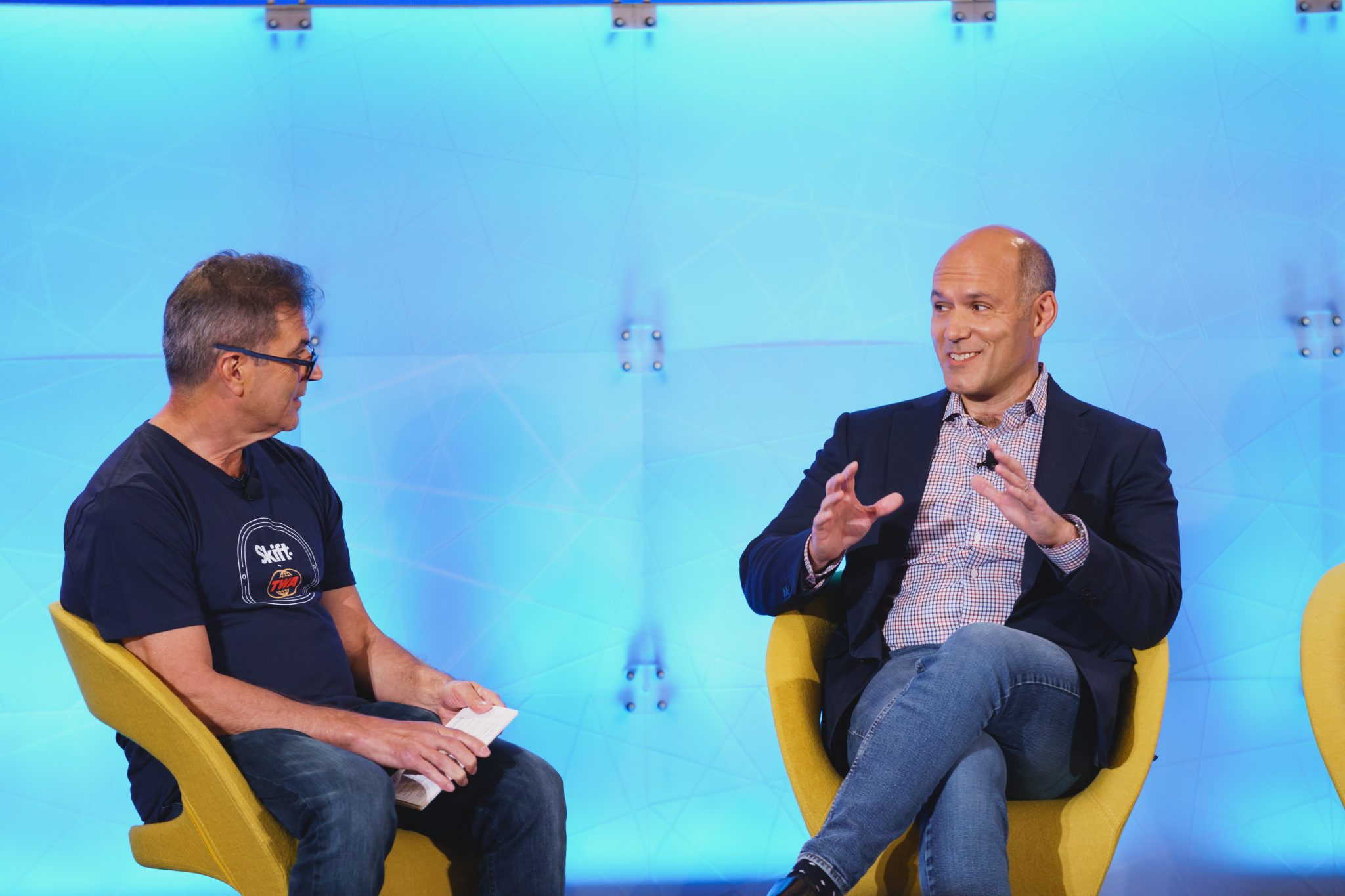Expedia Plays Long Game as it Awaits Fourth Quarter Finish to Vrbo Tech Shift

Skift Take
Investors looking for short-term gains may be disappointed in Expedia Group's second quarter — it missed analysts' revenue expectations by $10 million. But if things actually work out according to Expedia's playbook, a carefully laid foundation may start to trigger more lucrative results in 2024.
Plank #1 — In July, Expedia rolled out its long-awaited One Key loyalty program, which for the first time consolidates its brands' disparate loyalty programs into one unified plan for Expedia, Hotels.com, and vacation rental unit Vrbo, which gets a rewards scheme for the first time. Of Expedia Group's dozen or more brands, these three are the core.
"This quarter, active loyalty members continued to hit new highs and were up 15% year-over-year in our core brands and the percentage of bookings coming through our apps was up 300 basis points sequentially versus the first quarter," CEO Peter Kern told analysts Thursday in discussing the company's second-quarter results.
But these are very early days and the financial benefits to Expedia so far have been inconsequential.
Plank #2 — Since early 2020, Expedia has been on a mission to transform the company. It consolidated brand teams that were

